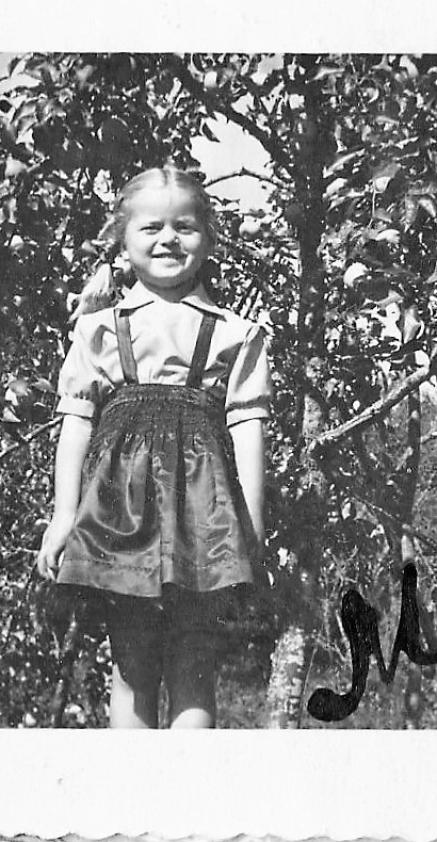BioGraphy
Māra ZĀLĪTE
Māra Zālīte was born in 1952 in the Nizhny Ingash district of the Krasnoyarsk region to special displaced parents.
Her parents were deported when they were just over ten years old: her father, from northern Latvia, alone, in 1942; her mother, from the south, with her parents and brother, in 1941. Her maternal great-grandfather was a village chief, social activist, landowner, and member of the Aiszargi militia. He was considered a potential threat to the new Soviet power and was sentenced to forced labor in Viatlag, where he soon died. The rest of his family was sent to Siberia.
Māra lived a peaceful childhood in deportation. In 1956, her parents were rehabilitated and they were able to return to Latvia. But she erased this period from her memory. It is the memory of her parents that remains in her mind. She gives an account, among other things, of the difficulty of living during the war, between famine and discrimination, and revives the characters that accompanied their life in Siberia, such as that of a kind English opera singer with a tragic fate, accused of being a spy.
The reintegration of the parents into Soviet Latvian society was not easy. Māra still managed to become a writer, andshe got involved in the Latvian independence movement. In 2013, she released a novel based on autobiographical elements, Five Fingers (Latvian: Pieci pirksti; Russian: Пять пальцев), and it became an international success.
Today, without talking about the Gulag among themselves, she maintains a strong connection with former deportees or children of deportees of her generation. She takes a critical look at contemporary Russia and its silence towards the deportations and the Soviet camps.
The interview with Māra Zālīte was conducted in 2018 by Amine Laggoune and Līva Pūce.



